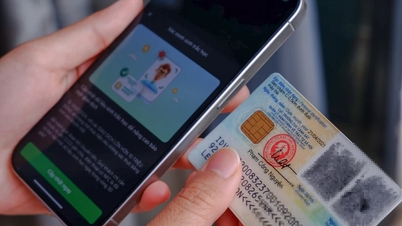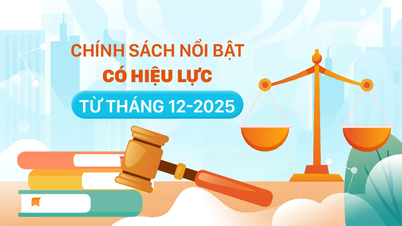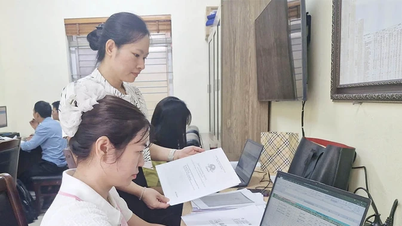
One simple step is enough to verify ownership correctly.
In the digital world , proving one's "real person" almost always requires sacrificing privacy. From ID numbers and birth dates to facial features and biometric data, all are required, stored, and shared across countless platforms and services. This helps verify users, but also makes personal data a "gold mine" vulnerable to leaks at any time.
In an era where privacy is a major concern for millions of users, a new technology is proving its worth: Zero-Knowledge Proof (ZKP). Instead of "giving information to be believed," users only need to prove something is true without revealing the underlying data.
Prove it without saying it all.
ZKP is a cryptographic technique that allows a party to prove ownership of accurate information without revealing that information. It sounds abstract, but it's actually very close to what's happening in the digital world.
When logging into a bank account using facial recognition or fingerprint scanning, the device doesn't send the actual image to the server; instead, it generates a code that proves "I am indeed the account holder." The original data doesn't leave the phone; only the "proof" is sent and verified. This difference between "sharing data" and "proving the truth" opens up a completely new approach to privacy in the digital age.
Globally, ZKP has moved beyond the laboratory to become the security foundation of many modern blockchain systems.
Protocols such as zk-SNARKs and zk-STARKs are being used in Zcash, Polygon, and Mina Protocol, allowing users to verify ownership of digital assets without revealing their identity.
For example, in finance, users can prove they have sufficient account balance without disclosing specific figures. In blockchain, they can verify ownership of a wallet without sharing their private key.
ZKP is also gradually being seen as a "piece of trust" in electronic voting, healthcare , and commerce, where each person can prove their eligibility (such as age, income, or insurance status) without having to submit all their personal documents.
Many people were alarmed when their citizen identification data was being sold for just a few hundred dong. When trust is eroded, people become more hesitant to provide information to any platform. ZKP helps people reclaim data ownership : information is returned to its rightful owner.
In Vietnam, electronic identification via VNeID and the National Population Database is laying the foundation for a digital government. However, direct data sharing between agencies and businesses still carries the risk of leakage. Integrating ZKP can help build a model of "responsible private identification," where citizens are authenticated while still controlling their personal information, protecting users and reducing the burden and risks for businesses.
For ZKP to truly "take off"
ZKP opens up a promising future, but for widespread application, two factors are needed simultaneously: a sufficiently robust technological infrastructure and a clear legal framework.
From a technological standpoint, creating and verifying "non-disclosure proof" requires high computing power and optimization on the endpoint device. Vietnam needs to invest more heavily in infrastructure, security, and a workforce specializing in applied cryptography.
Legally, recognizing "digital proof" as a valid form of authentication would be a crucial turning point. Only when acknowledged within the legal system can ZKP become an official tool in governance, finance, education, or healthcare.
Personal data has become a "strategic resource," and the right to privacy should not be the price paid for trust. Zero-Knowledge Proof offers a more humane approach: authentication without revealing your identity, participation without surveillance, recognition while maintaining anonymity.
If digital identity is the gateway to the era of digital citizenship, then ZKP could be the key that helps us step through safely, intelligently, and freely.
Source: https://tuoitre.vn/dinh-danh-so-voi-zkp-xac-thuc-danh-tinh-ma-khong-can-lo-mat-20251024125024614.htm





![[Photo] Prime Minister Pham Minh Chinh attends the Conference on the Implementation of Tasks for 2026 of the Industry and Trade Sector](/_next/image?url=https%3A%2F%2Fvphoto.vietnam.vn%2Fthumb%2F1200x675%2Fvietnam%2Fresource%2FIMAGE%2F2025%2F12%2F19%2F1766159500458_ndo_br_shared31-jpg.webp&w=3840&q=75)












































































































Comment (0)